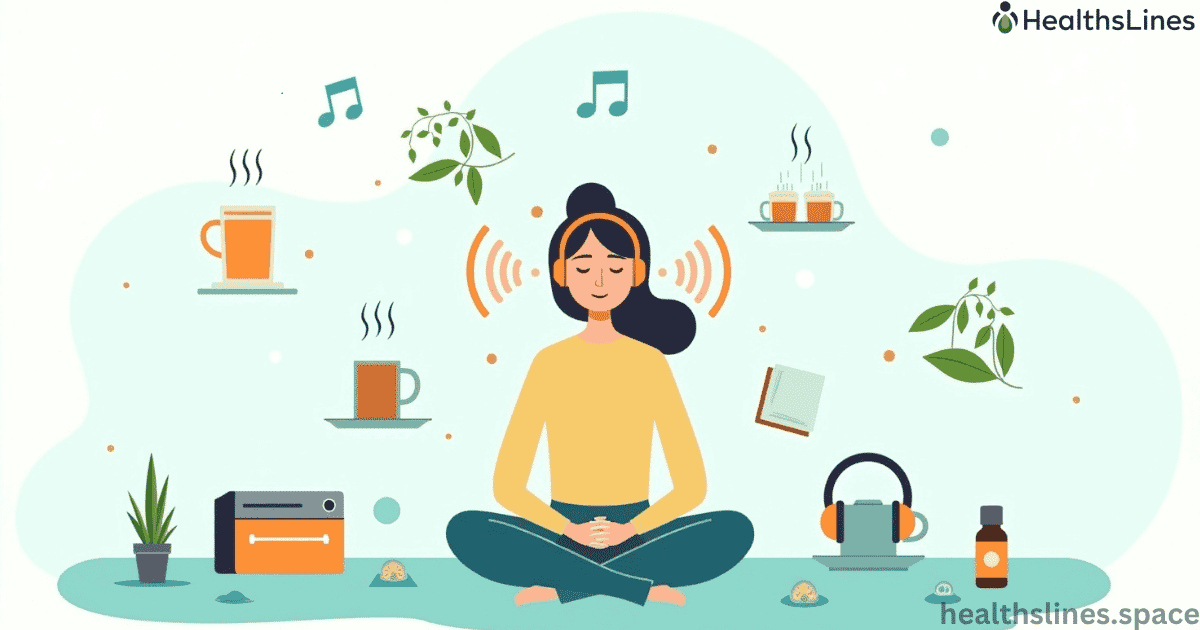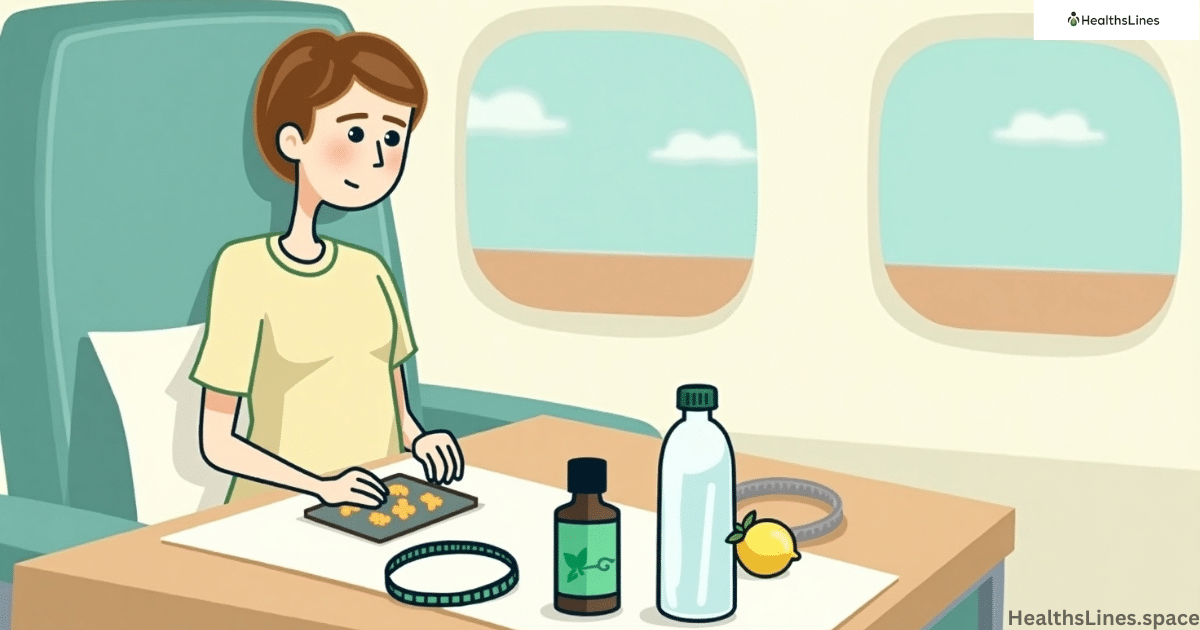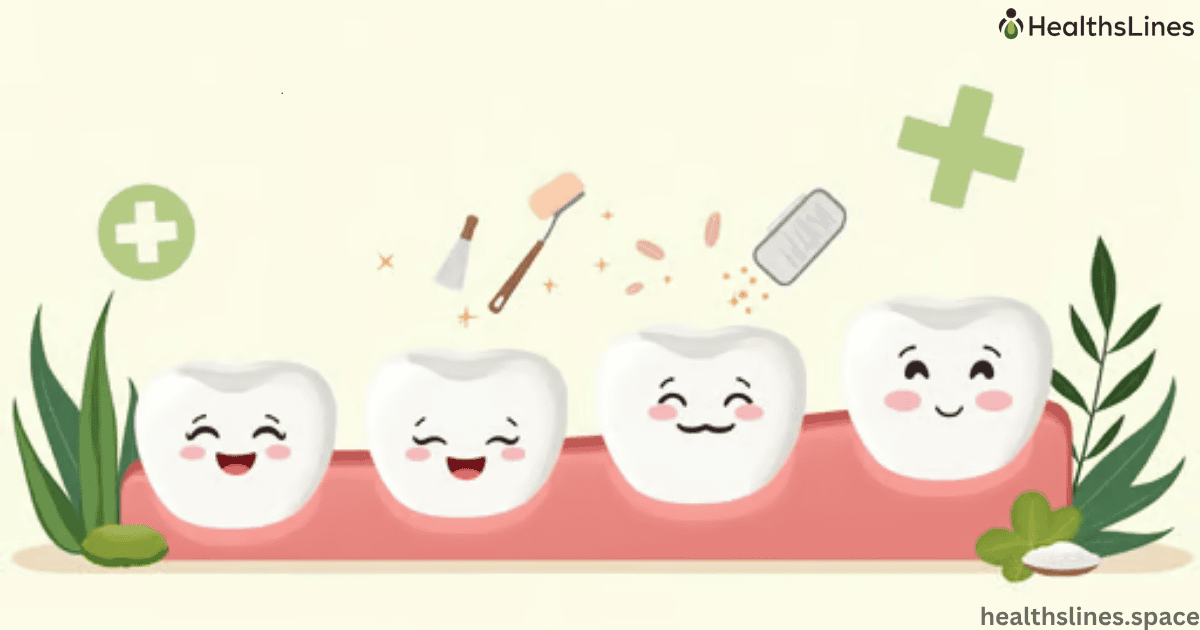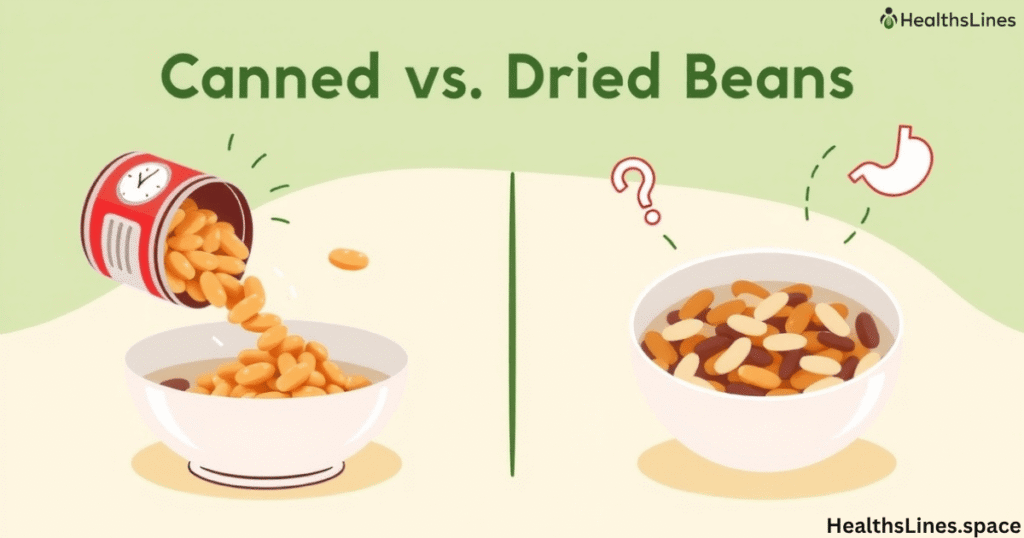Living with tinnitus can be tough. You might hear ringing, buzzing, or hissing in your ears even when it’s quiet. This can make it hard to focus, sleep, or relax Tinnitus Remedies. Many people around the world deal with it. The good news is that there are helpful treatments and ways to feel better.
This guide will show you easy and real ways to handle tinnitus. You’ll learn about sound therapy, medicines, lifestyle tips, and natural options.
What Is Tinnitus?
Tinnitus is when you hear a sound that no one else can hear. It’s not coming from outside your body. The sound might be ringing, buzzing, humming, or clicking. Some people hear it in one ear, and some hear it in both. For some, the sound is there all the time. For others, it comes and goes.
Tinnitus can happen for many reasons. It might be caused by loud noises, ear infections, getting older, or damage inside the ear. It’s not a sickness by itself. It’s usually a sign that something else is wrong in your ear or with your hearing. The sound can be soft or loud and can change during the day.
There are two main types of tinnitus. Subjective tinnitus is the kind that only you can hear. This is the most common type. Objective tinnitus is very rare. In this type, a doctor might also be able to hear the sound when they examine you. The World Health Organization says that about one in seven adults will have tinnitus at some point in their life Tinnitus Remedies. That means it is very common, and many people live with it every day.
Getting Diagnosed: Why It Matters
Getting a tinnitus check-up is a very important first step. If you hear a sound that no one else hears, don’t wait—talk to your doctor. Tinnitus might be caused by loud sounds, ear infections, head injuries, or even the side effects of certain medicines. Your regular doctor may send you to a special ear doctor, called an ENT, or a hearing expert called an audiologist. These experts will ask questions about your health and your job and do a hearing test to check your ears. They might also ask if you’ve been around a lot of noise, like at concerts or in factories.
Sometimes, if the cause isn’t clear, the doctor might use special machines like an MRI or a CT scan to look inside your head and ears. Finding out why you have tinnitus helps doctors choose the best way to help. It could mean using sound therapy, taking medicine, or learning ways to calm your mind Tinnitus Remedies. If you don’t get help early, tinnitus can make you feel worried or stop you from sleeping well. Getting diagnosed gives you answers, helps you feel less scared, and gets you started on a plan to feel better.
What Can Cause Tinnitus?
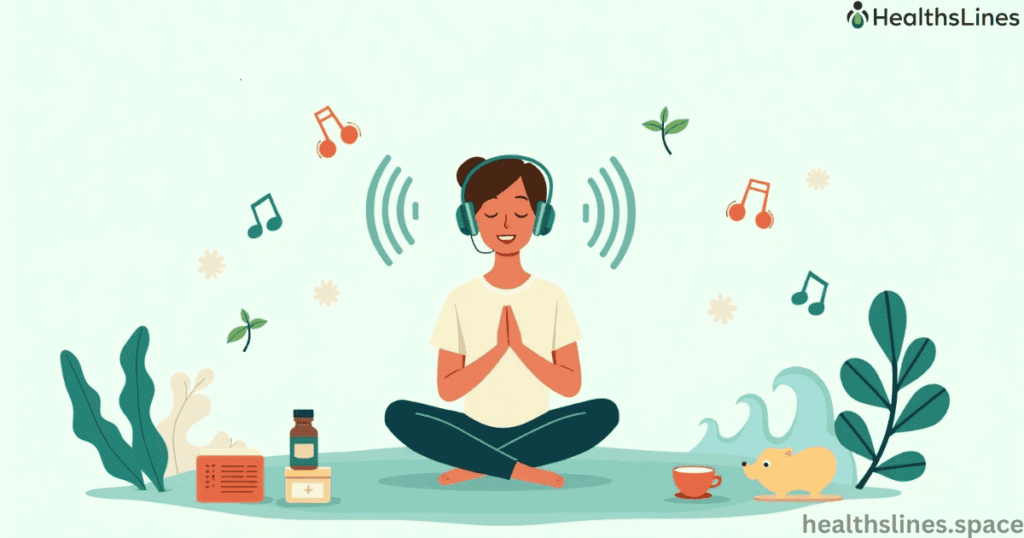
Tinnitus can be caused by things that block or hurt your ears. Earwax buildup, ear infections, or fluid in the ear can cause ringing. Problems with the jaw joint (TMJ) can also lead to sounds in the ear.
Other health problems like high blood pressure, diabetes, low iron, or thyroid issues can make tinnitus worse. Fixing these problems—like cleaning your ears or treating health conditions—can help the ringing go away or become less noticeable.
| Cause | How to Treat It |
| Earwax | Doctor can clean it safely |
| Jaw joint (TMJ) problem | Dentist or therapist can help |
| Sinus infection | Rest and decongestants |
| High blood pressure | Medicine and healthy food |
| Hearing loss | Hearing aids or implants |
How Medicines Help or Hurt Tinnitus
Some medicines can make tinnitus worse. These are called ototoxic drugs. They can harm the ear or nerves that help you hear. This might happen with aspirin, ibuprofen, certain antibiotics, water pills, or chemotherapy drugs. If you notice ringing in your ears after starting a new medicine, tell your doctor. They may change the dose or try something different that is safer for your ears. Not everyone reacts the same way, so what bothers one person might not affect another.
But not all medicines are bad for tinnitus. Some drugs are used to help manage how tinnitus makes you feel. Antidepressants and anti-anxiety medicines can help reduce stress, sadness, or worry caused by the noise in your ears. These don’t stop the sound, but they help you feel calmer and sleep better. It’s important to only take these if your doctor says it’s safe. Sometimes the side effects of these drugs can be strong, so they should be used carefully Tinnitus Remedies. A good treatment plan looks at both your hearing and your feelings. It might include medicine, therapy, and lifestyle changes to help you feel your best.
How Sound Can Help Your Ears Feel Better
Sound therapy is a way to use soft sounds to cover or mask the ringing. It helps your brain focus less on the tinnitus. People with hearing loss may get help from hearing aids. These devices make outside sounds louder, so the inside sounds feel quieter.
You can also use white noise machines. They make sounds like rain, waves, or wind to help you relax. Some new tools, like neuromodulation headsets, use sound and touch together to help retrain the brain. While sound therapy may not cure tinnitus, many people say it helps them feel better day by day.
Therapies to Calm Your Mind
When tinnitus makes you feel upset or stressed, calming your mind can help a lot. One way to do this is through behavioral therapy. This type of therapy doesn’t stop the sound, but it teaches you how to react to it in a better way. One of the most helpful kinds is Cognitive Behavioral Therapy (CBT). It helps you change negative thoughts into more helpful ones Tinnitus Remedies. With CBT, you can learn how to relax, sleep better, and worry less about the ringing. You can do this with a counselor or even online from home.
Another helpful plan is called Progressive Tinnitus Management (PTM). This plan includes sound therapy, learning new ways to think about tinnitus, and relaxation tips. It’s often used by hearing clinics and can be very helpful for people with loud or constant tinnitus. These therapies give your brain something else to focus on. Over time, they can help you notice the ringing less and feel more in control. They don’t fix tinnitus, but they can make it much easier to live with.
Easy Lifestyle Changes That Help
Changing a few daily habits can make a big difference when it comes to managing tinnitus. What you eat and drink might affect the noise in your ears. Some people notice that caffeine, alcohol, sugar, or salty foods make their tinnitus worse. Try keeping a food diary to see if certain things make your symptoms louder. Cutting back or avoiding those triggers can help you feel more in control.
Stress is another big cause of louder tinnitus. When you’re worried or upset, your brain may focus more on the ringing. Doing regular exercise, like walking or stretching, can calm your body and help your mind relax. Make sure to drink enough water and get enough sleep too Tinnitus Remedies. Listening to soft music, reading, or spending time outdoors can also help shift your focus. Making small, healthy changes in your routine won’t cure tinnitus, but they can help you feel more peaceful and make the noise easier to live with.
Natural and Alternative Remedies
Some people try natural ways to feel better. Ginkgo biloba, zinc, and melatonin are popular. Some people say they help, but they don’t work for everyone. Melatonin may help you sleep better.
Others try acupuncture or hypnotherapy. These can help with stress but won’t cure the tinnitus. Before trying herbs or supplements, ask your doctor. Some may not be safe if you’re taking other medicines.
Mindfulness and Meditation at Home
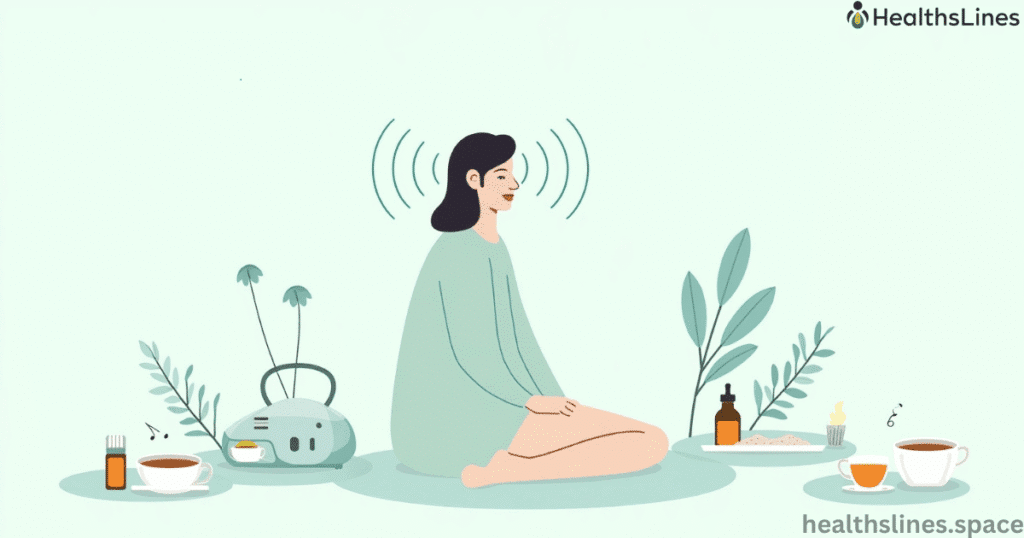
You can feel calmer at home using easy methods. Deep breathing, relaxing your body, and guided meditation can help your brain stop focusing on the noise. You don’t need anything fancy—just a quiet place and a few minutes.
Apps like Headspace or Calm have programs to help with tinnitus. Mindfulness-Based Stress Reduction (MBSR) is a technique that teaches you to notice the sound without feeling upset. Over time, your brain can learn to ignore the ringing.
When to See a Doctor Right Away
Tinnitus is usually not dangerous, but sometimes it is. If it starts suddenly or you lose hearing quickly, get help right away. This might be a sign of serious ear damage.
If the sound matches your heartbeat (pulsatile tinnitus) or comes with dizziness and sickness, see a doctor fast. Acting early can stop things from getting worse.
New Ideas for Future Treatments
Scientists are working on new ways to treat tinnitus. A device called Lenire uses sound and a soft pulse on the tongue. It may help the brain handle the sound better. Other ideas include gene therapy, stem cells, and brain stimulation.
There are many studies happening now. You can visit ClinicalTrials.gov to learn about new treatments and find studies you can join.
Conclusion
Tinnitus can be hard, but you have many tools to manage it. Start by seeing a doctor. Try sound therapy, calming exercises, and healthy habits. Some people also find help from natural remedies or therapy.
Every person is different. What works for one might not work for another. Be patient and try different things. With time and care, you can feel better.
